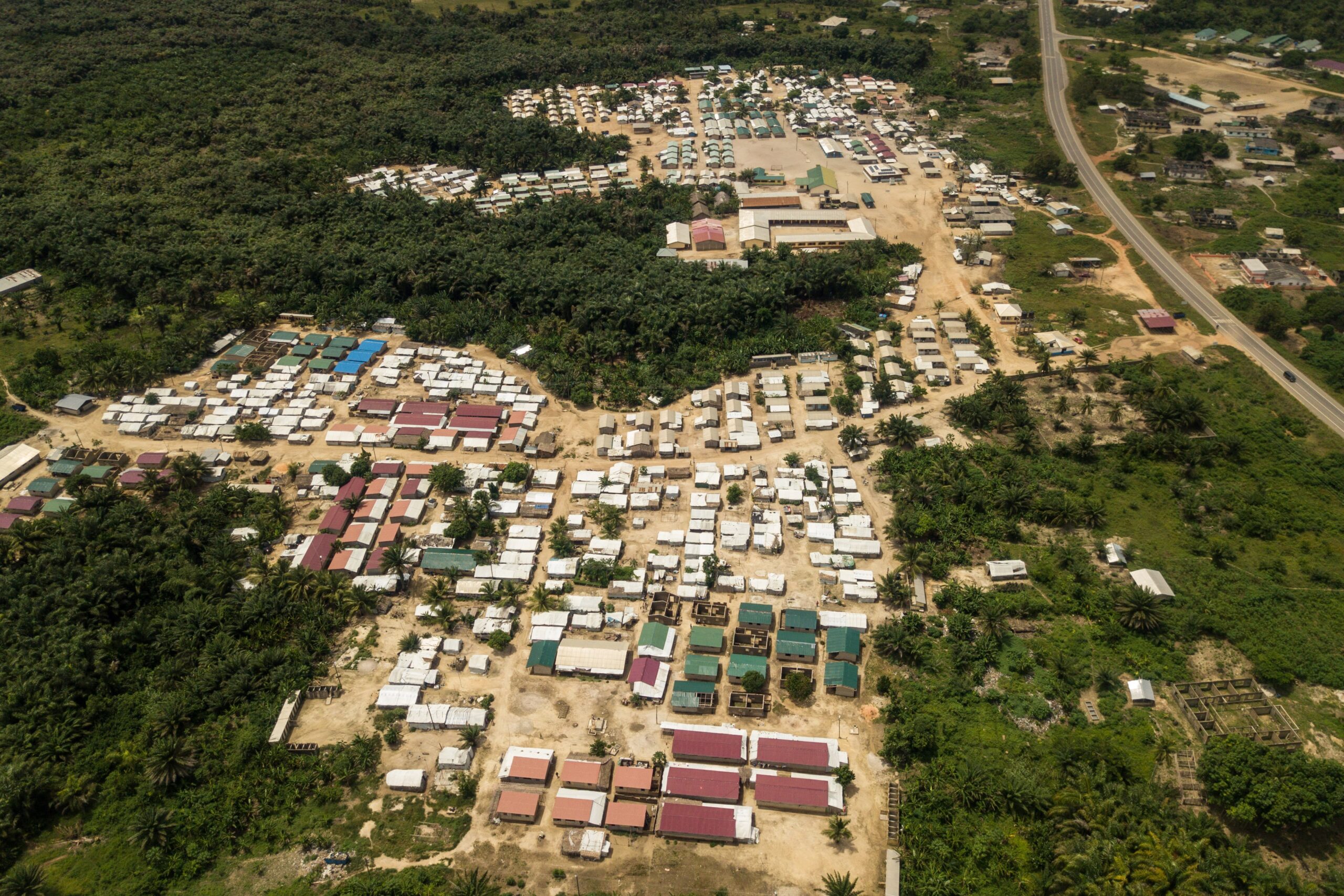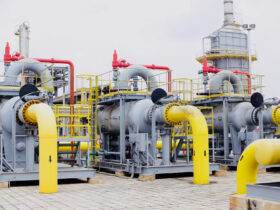
Industrial development hinging on the gas sector has been deemed a necessity if Ghana is to achieve a ‘low cost’ industrialization. The use of gas on an industrial base is said to reduce environmental and other hefty costs related to oil-based development.
As a deliberate measure to speed up the rate of industrialization, the government of Ghana has, consequently, turned to the gas sector with the development of the Gas Masterplan, an official document that gives clear indications on how to situate the gas industry as the chief contributor of value-added industrialization in the country, Deputy Energy Minister, Dr. Mohammed Amin Adam, has said.
The centrality of competitive pricing to the attainment of this gas-based industrialization, which has become both a real concern and requirement, has spurred the formulation of a comprehensive Gas bill to strengthen regulations in the gas sector to meet the emerging global regulatory landscape. The deputy minister related this development at the 5th edition of the Ghana Gas Forum in Accra themed: “Driving Ghana’s Downstream Gas Utilisation.”
Government is also set to approve a Downstream Petroleum Financing Policy to address the high costs and financing challenges that consistently fetter the supply of petroleum products on the Ghanaian market.
Meanwhile, the government has also made significant interventions relating to tax on petroleum prices that will address related concerns without affecting the benefits of the deregulated pricing market. “To date, the tax component in petroleum prices has been reduced by the government from 40% in March 2017 to 26% currently,” added Dr. Amin.
Further, the government is taking a review of demand and supply approaches: “On the demand side, we are improving the mass transport system by increasing the fleet of buses in our streets and the development of railway infrastructure for both inter- and intra-city movement. And on the supply side, the government is addressing cedi-depreciation and exploring avenues to remove supply bottlenecks,” he noted.
An independent non-profit policy advocacy organization and the organizers of the Ghana Gas Forum, the Gas Consortium promotes the contributions of government policymakers, experts, practitioners, and industry stakeholders to facilitate the policy formulation process.
It does this to ensure that policy plans support the gas sector’s effective management and leadership to the country’s goal of leveraging its gas resources for industrialization and economic transformation.















Leave a Reply